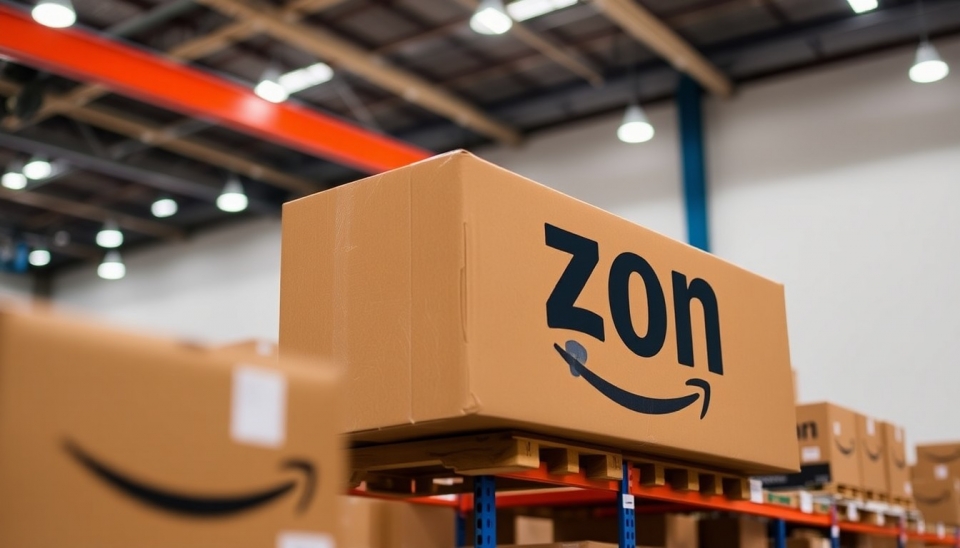
In an important milestone for its burgeoning satellite internet division, Amazon is set to launch its inaugural group of Kuiper internet satellites in April 2025. This move underscores the tech giant's ambition to compete in the lucrative space of broadband services via satellite, vying against established players like SpaceX's Starlink.
After receiving crucial approval from the Federal Aviation Administration (FAA), Amazon has swiftly operationalized its launch preparations. The company plans to deploy a total of 3,236 satellites within its Project Kuiper initiative, designed to deliver high-speed internet access to underserved and remote regions around the globe. The first batch of satellites is expected to be launched from the renowned Cape Canaveral Space Force Station in Florida, marking the commencement of what could be a game-changing endeavor in the telecommunications landscape.
According to sources connected with Project Kuiper, the launch will be executed using a combination of several dedicated rockets, starting with the Atlas V from United Launch Alliance. This partnership is expected to enhance the rapid deployment of satellites within the Kuiper constellation, reflecting Amazon's aggressive timeline to establish functionality before the final quarter of 2026.
Despite initial skepticism regarding its capacity to compete with existing satellite internet providers, Amazon's investment in infrastructure and technology has been significant. The colossal undertaking has already attracted a plethora of talent from various sectors, demonstrating the company's commitment to the project. Amazon aims not only to provide high-speed internet services but also to innovate the technology in ways that could lead to improved connectivity and reduced latency.
Moreover, the stated goal of Project Kuiper is to facilitate internet accessibility for more than 80 million American homes, particularly benefiting those in rural and remote areas where traditional broadband options are limited or non-existent. This effort aligns with the increasing global appetite for reliable internet services, as evidenced by rising trends in remote work and digital communications.
Analysts suggest that Amazon's entry into the satellite internet market could significantly shift the competitive dynamics, driving prices down and improving service quality for consumers. Given the company's vast resources and technological prowess, many anticipate that Project Kuiper may eventually rival the likes of Starlink and other emerging players in the satellite internet arena.
As the launch date approaches, industry watchers eagerly await further announcements from Amazon regarding its plans for the suite of services that will accompany its satellite internet offerings. Depending on the success of the initial launches, these developments could pave the way for broader use cases in industries such as telecommunications, logistics, and beyond.
In summary, with the launch of its first batch of Kuiper satellites just around the corner, Amazon is set to transform the satellite internet landscape and potentially redefine how millions of people access the internet in the years to come.
#Amazon #Kuiper #SatelliteInternet #Launch #SpaceX #Telecommunications #Broadband #TechNews #Innovation
Author: John Miller




